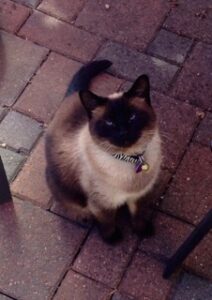Neighbors Jan Crawford and Jesse Taft recently received a call from Scammers reporting that they would be sued by the IRS.
Please do not respond to any call from the IRS, make a note of the phone number if you can (most of us have this information on our phones) and report to the IRS so that they can pursue the Scammer
Per the IRS site:
If you get a phone call from someone claiming to be from the IRS and asking for money, here’s what you should do:
- If you know you owe taxes or think you might owe, call the IRS at 1.800.829.1040. The IRS workers can help you with a payment issue.
- If you know you don’t owe taxes or have no reason to believe that you do, report the incident to the Treasury Inspector General for Tax Administration (TIGTA) at 1.800.366.4484 or atwww.tigta.gov.
- You can file a complaint using the FTC Complaint Assistant; choose “Other” and then “Imposter Scams.” If the complaint involves someone impersonating the IRS, include the words “IRS Telephone Scam” in the notes.
Remember, too, the IRS does not use unsolicited email, text messages or any social media to discuss your personal tax issue. For more information on reporting tax scams, go to www.irs.gov and type “scam” in the search box.
Additional information about tax scams are available on IRS social media sites, including YouTubeand Tumblr where people can search “scam” to find all the scam-related posts.


